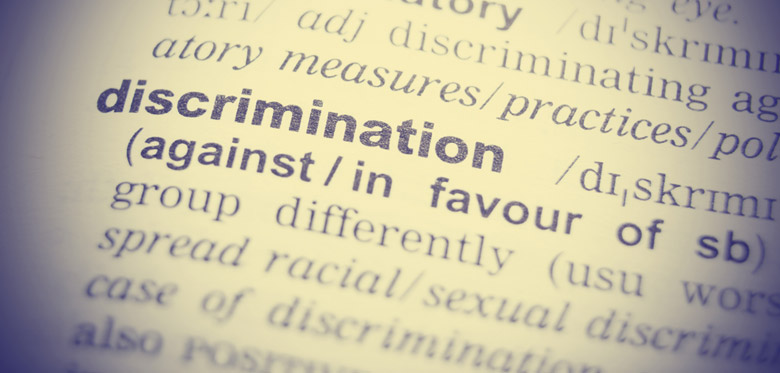A search on any reputable search engine will tell you that the time limit (which is also referred to as a 'limitation date') for bringing a discrimination claim under the Equality Act 2010 in the County Court is 6 months from the date of the discriminatory act.
The rules on time limits become more complicated, however, if a dispute is referred to non-court organisations, (such as the Office for the Independent Adjudicator in Higher Education related disputes), by way of “alternative dispute resolution” (ADR), which means dealing with a dispute without resorting to bringing a claim in court. This blog aims to explain these rules, and explain what time limits apply for starting a claim at court, when there has been a referral to a non-court organisation for ADR.
The first thing to remember is that discrimination claims must be started within the County Court within 6 months from the discriminatory act. This time limit applies, irrespective of whether a complaint has been submitted to a non-court organisation, unless it is extended.
There is scope within the Equality Act 2010 for the 6 month time limit to be extended by the court, provided it is “just and equitable” to do so. This can apply to a number of situations, but you should tread carefully as the decision of whether your claim will be allowed outside of the 6 month time limit rests entirely with the court, who will more often than not refuse a case which has been submitted out of time.
The 6 month time limit can be increased to 9 months if a higher education related claim is in respect of a “qualifying institution” and a complaint is made to a “student complaint scheme.” Definitions of these terms are found within the Higher Education Act 2004, but generally speaking, it applies to complaints made by students of universities or equivalent higher education providers. It is therefore of limited use to most claimants.
Of wider use are the rules contained within section 140AA of the Equality Act 2010. This section allows the time limit to be extended if a referral is made to a person or organisation which is qualified to deal with a dispute out of court, and provided this referral is made within the initial time limit (which is within 6 months from the date of the discriminatory act). If a claimant successfully meets these conditions, they will have up to 8 weeks from the date that the dispute resolution process ends to start their claim in court.
It is important to note that the person or organisation will only be considered to be qualified if it appears on a list of approved ADR providers. At the time of writing, a single “list” which is maintained by any one organisation cannot be located by the writer. It will therefore be important to cross reference any person or organisation that a dispute is referred to in order to establish whether they are an approved ADR provider, and whether section 140AA can be relied upon to extend the limitation date.
It is important to recognise and understand the rules around time limits in a discrimination claim at an early stage. In most cases, this is a straightforward question, but the picture becomes very complicated when attempts are made to resolve disputes out of court in certain types of cases. If you feel that you may have been subjected to discrimination and need further advice or assistance, please contact our specialist solicitors in the discrimination law department on 0161 696 6170.



Hypothetically. If you asked to do something and were not given the go ahead, but seven or so months later were told, on good authority, that it was widespread that everybody in your situation was doing that thing. You believe you were given bad information due to disability discrimination. You have more than one protected characteristic, but the person who told you the activity was widespread shared one of your other protected characteristics and was allowed to do the thing (so it seems to rule that out as a discriminatory motivation). This person had no knowledge of you being refused permission.
Would that extend your deadline to claim discrimination or not? I mean clearly you couldnt complain before you realised what had happened, but it doesnt change the date of the incident and the rules seem to indicate you are out of time.
Response from Stephensons
Thank you for getting in touch, our discrimination law team would be more than happy to discuss your enquiry. Please feel free to contact us on 01616 966 229.